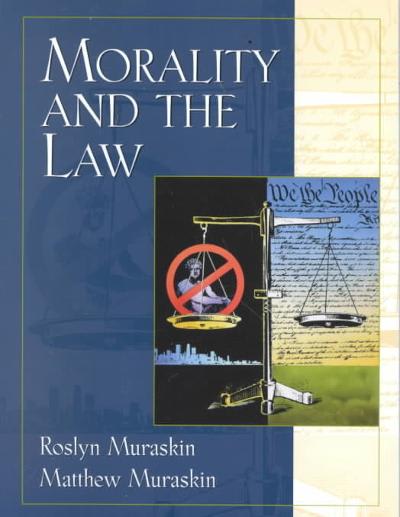Question
Please answer all questions in this part. Each section is worth 5 marks (4 x 5 = 20 marks). For the following questions, please note
Please answer all questions in this part. Each section is worth 5 marks (4 x 5 = 20 marks). For the following questions, please note down the letter (for example: a, b, c, or d) of your response which is most correct and EXPLAIN your answer. Be careful that more than one of the multiple-choice answer options may be correct.
Question One (5 marks)
Mike kept a record of his PIN in an electronic organiser. The PIN was not disguised but was secured by a password. The organiser and his wallet he had in a brief case while he was on the train. While he was engrossed in reading the paper a thief stole the brief case and exited the train. The next stop was half an hour away. Mike got out of the train and contacted the police and The Bank straight away. In the meantime, however, the thief had managed to bypass the password and open the Electronic organiser. He obtained Mike's PIN, and used the card to withdraw large sums of money from an ATM.
(a) According to the ePayments Code Mike will have to bear the entire loss due to his careless protection of his PIN.
(b) According to the ePayments Code The Bank will have to bear the entire loss due to his efforts to protect his PIN.
(c) None of the above answers are correct.
Question Two (5 marks)
Mike has an existing overdraft with a limit of $220,000. He wishes to increase the limit to $300,000 due to an expansion of his financial planning business. So far this business has been very successful. He also wishes to obtain an unsecured personal loan for $75,000 to purchase a new car. He visits The Bank to arrange finance. You Boss is worried that this loan may be risky due to the downturn in the local economy caused by Covid-19, and the potential affect on the financial planning business is currently unknown. Which is the correct answer?
(a) The NCC/NCCP Acts do not apply to either the overdraft extension or the unsecured loan.
(b) The NCC/NCCP Acts apply, but you should not extend the overdraft because it would be "irresponsible".
(c) The NCC/NCCP Acts apply, but the loan for the new car will be "irresponsible".
(d) None of the above answers are correct.
Question Three (5 marks)
Amy, Ben, Carol and David are in partnership carrying on the business of musical productions. They are new in the industry, and so do not make written partnership agreement. David thinks the partnership could benefit from better sound equipment, so he approaches the bank, where he has a personal account for a loan of $100,000, saying that the loan is for the musical production business and is to be taken out in the name of the partnership. The branch manager is cautious, whilst he has known David for many years, was unaware that David had formed a partnership.
(a) It is necessary for the bank to insist on having all four (4) signatures on the loan contract.
(b) It is not necessary for the bank to insist on having all four (4) signatures on the loan contract.
(c) None of the above answers are correct.
Question Four (5 marks)
Martha and Arthur bought a tandem bicycle from Bill's Bicycles paying for it with a credit card. They travelled some miles on it when it broke down. They rang Bill's Bicycles who drove out to see them and the bicycle was taken back to the shop. Upon inspection Bill discovered that Arthur and Martha had caused the problem because they had not used the gears correctly. At the time of purchase Martha and Arthur assured Bill they were familiar with chain gears. Bill fixes the 'fault' and asks to be paid $10 compensation for repairs and travel. Arthur and Martha refuse to pay. After their departure Bill adds the $10 to the credit card used by Martha and Arthur to purchase the tandem bicycle.
(a) The extra $10 is an unauthorised transaction, but Arthur and Martha owed the $10 and so there is no breach of any legislation or codes.
(b) The extra $10 is an unauthorised transaction, but is not covered by the ePayments Code.
(c) The extra $10 is an unauthorised transaction, and is covered by the ePayments Code. (d) None of the above answers are correct.
Step by Step Solution
There are 3 Steps involved in it
Step: 1

Get Instant Access to Expert-Tailored Solutions
See step-by-step solutions with expert insights and AI powered tools for academic success
Step: 2

Step: 3

Ace Your Homework with AI
Get the answers you need in no time with our AI-driven, step-by-step assistance
Get Started


